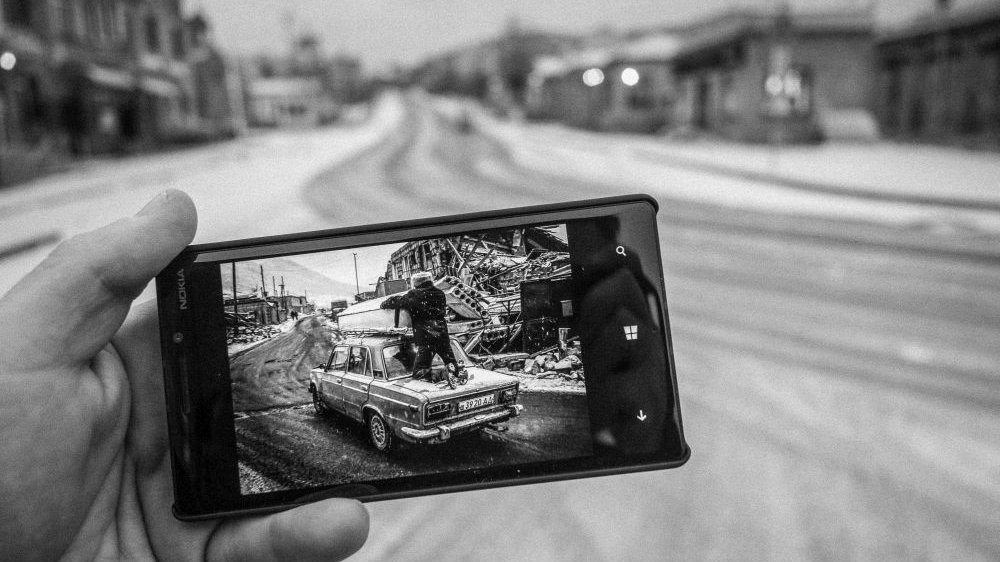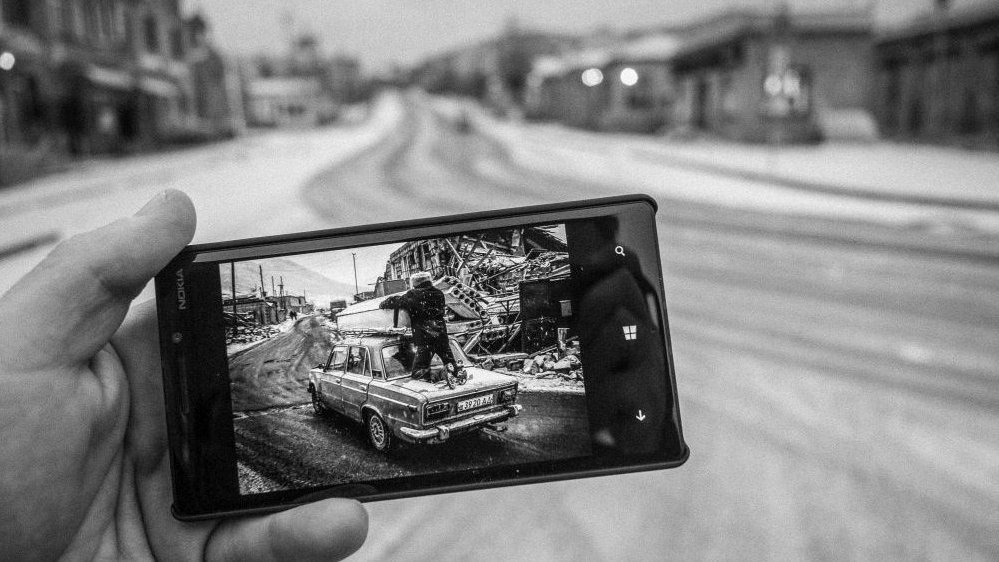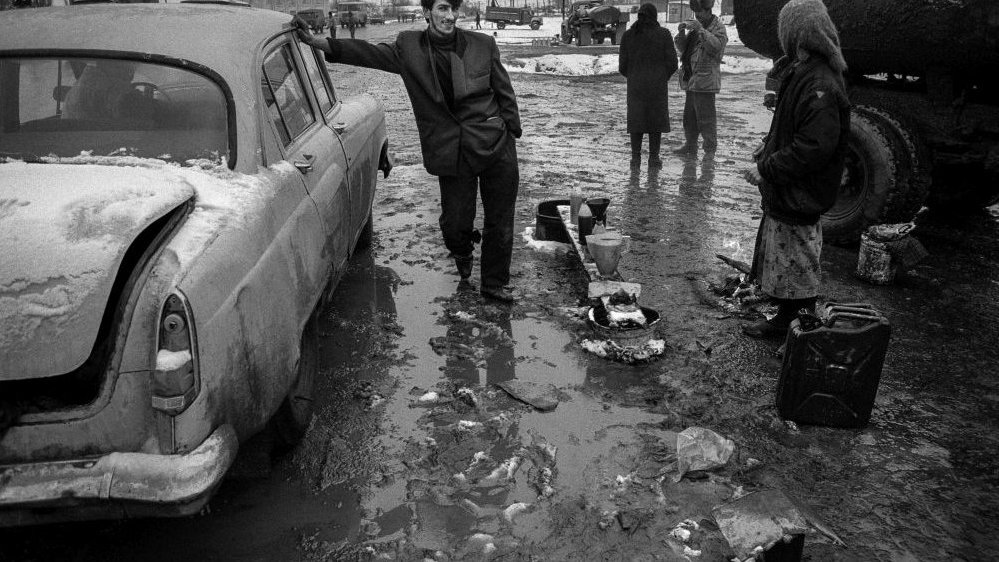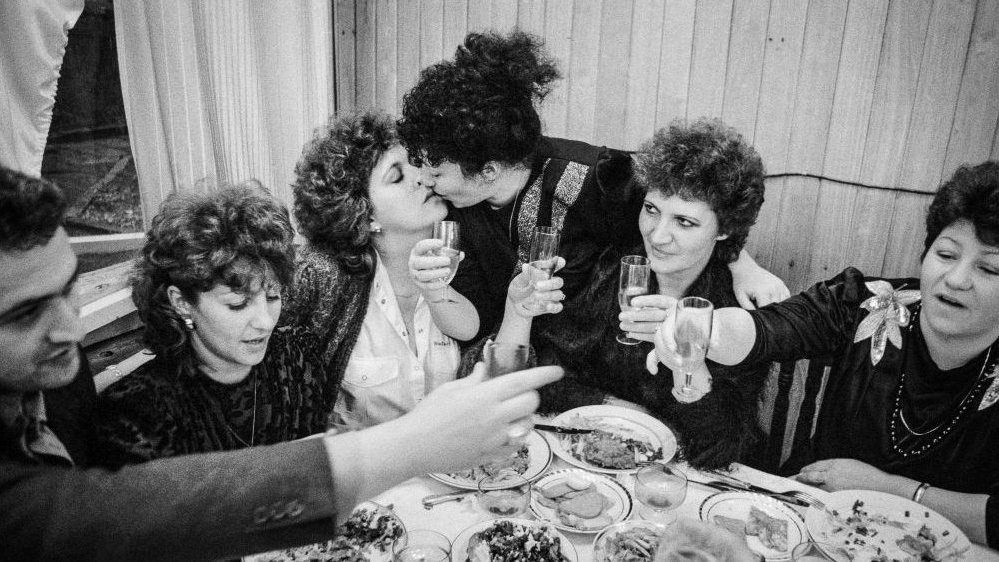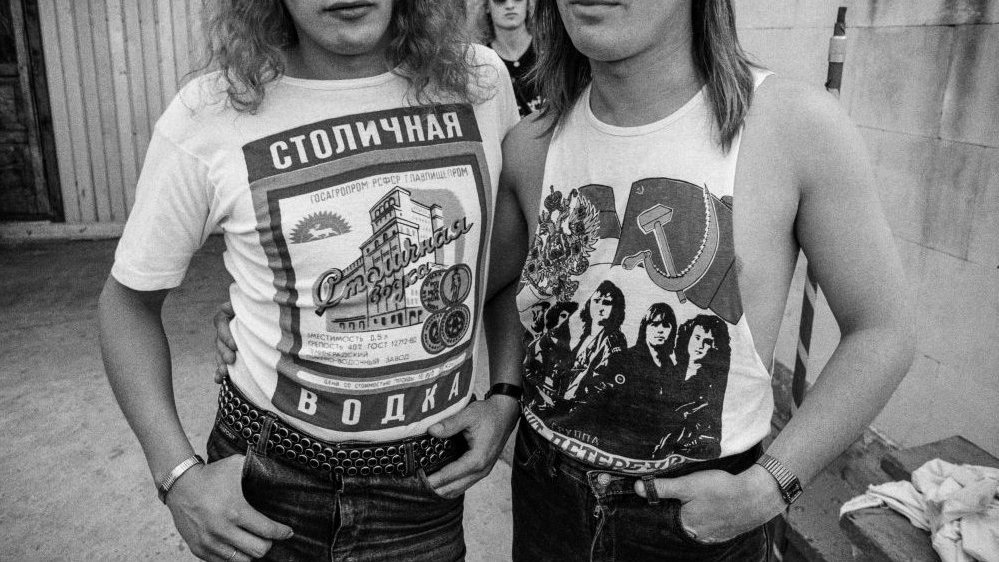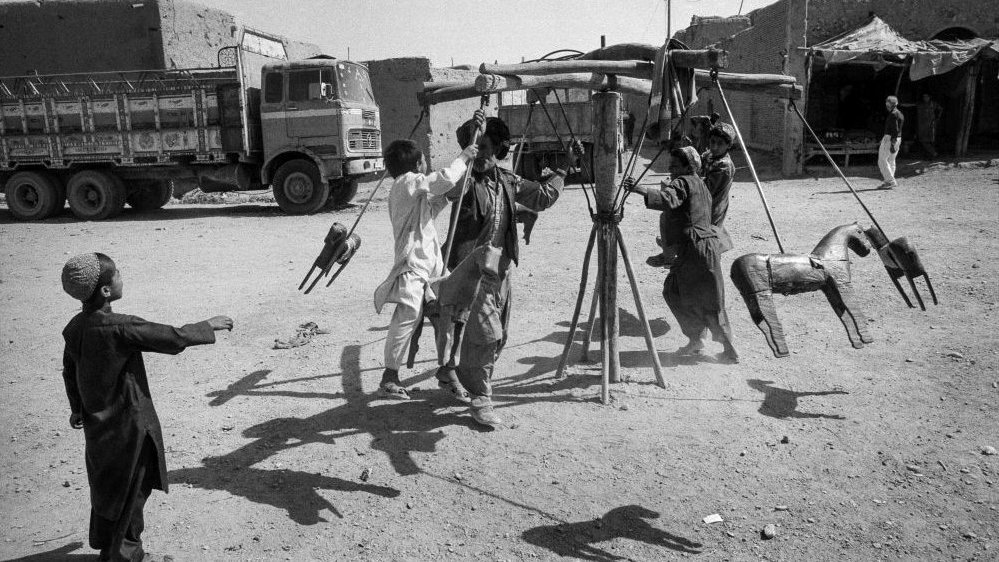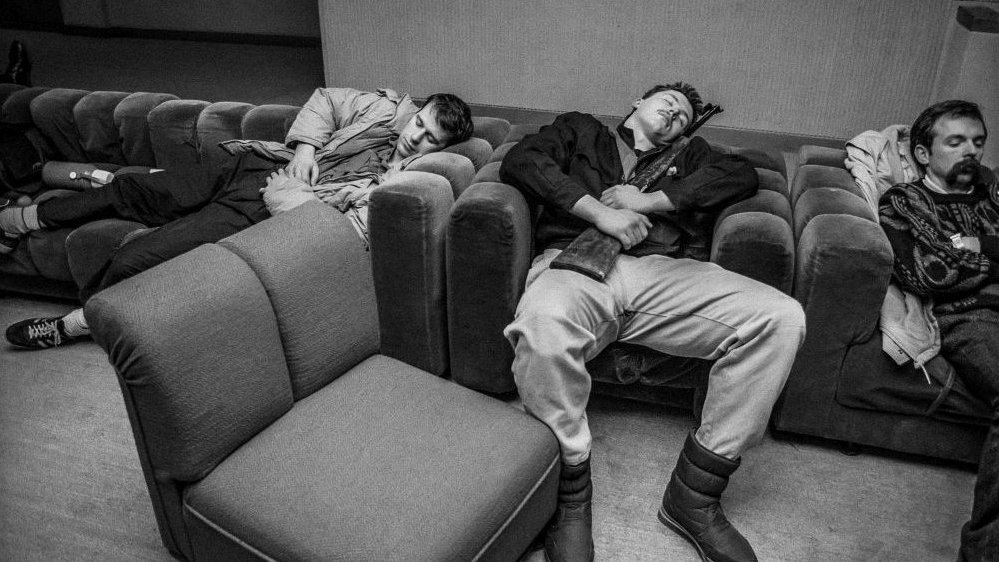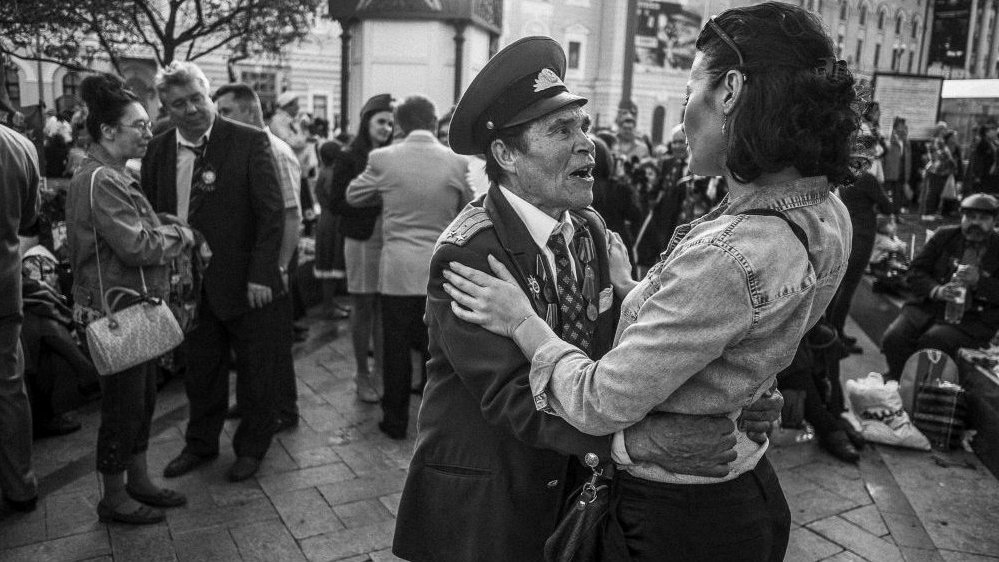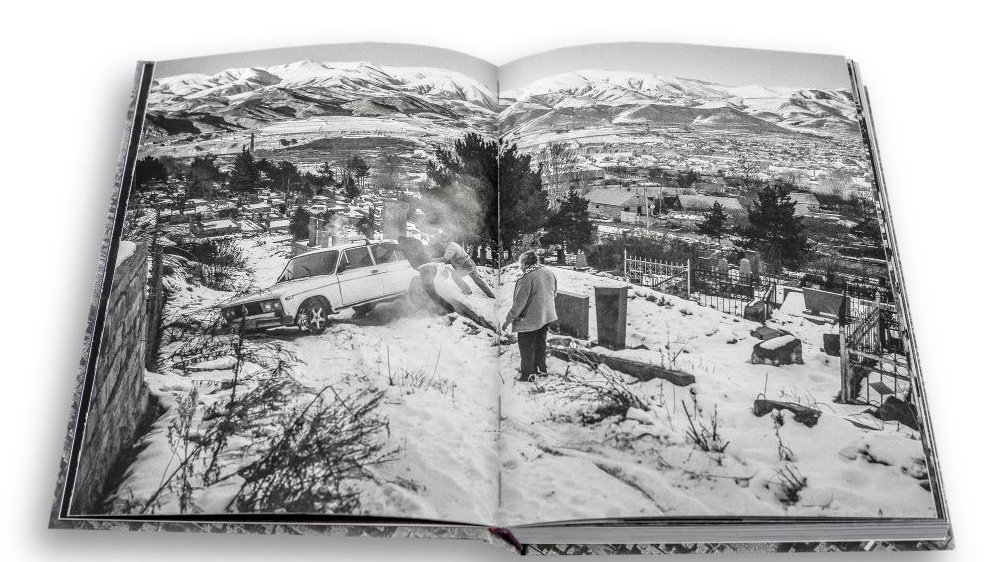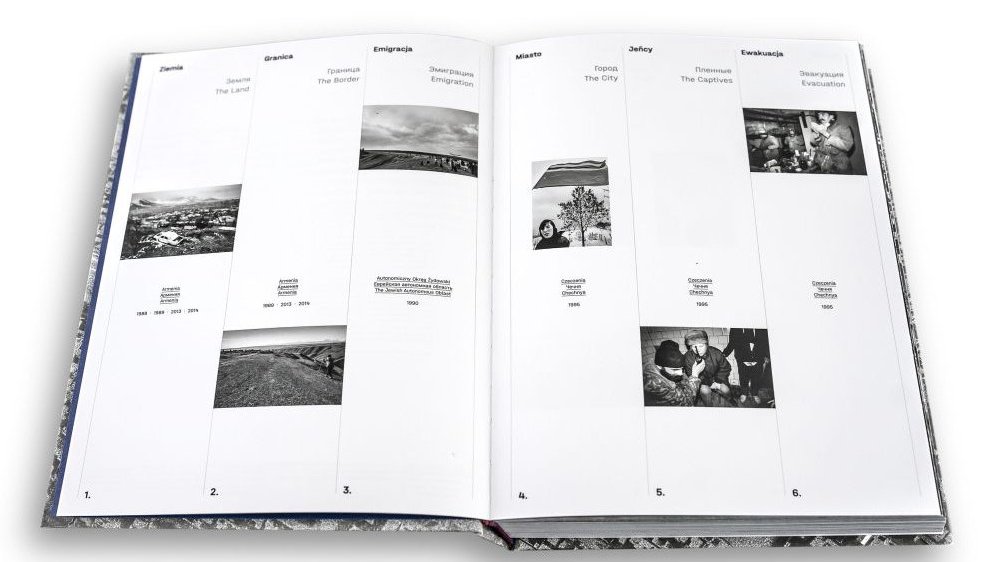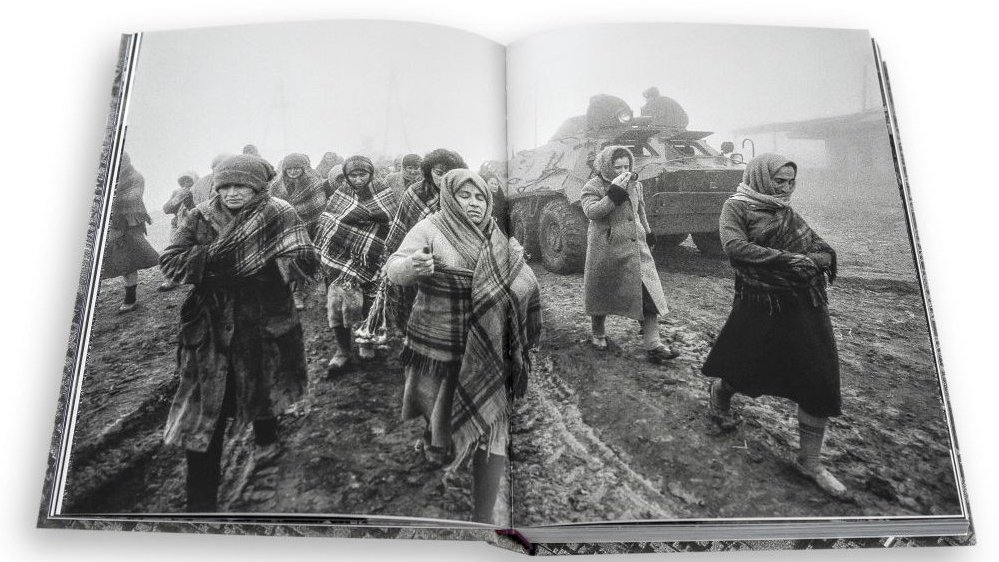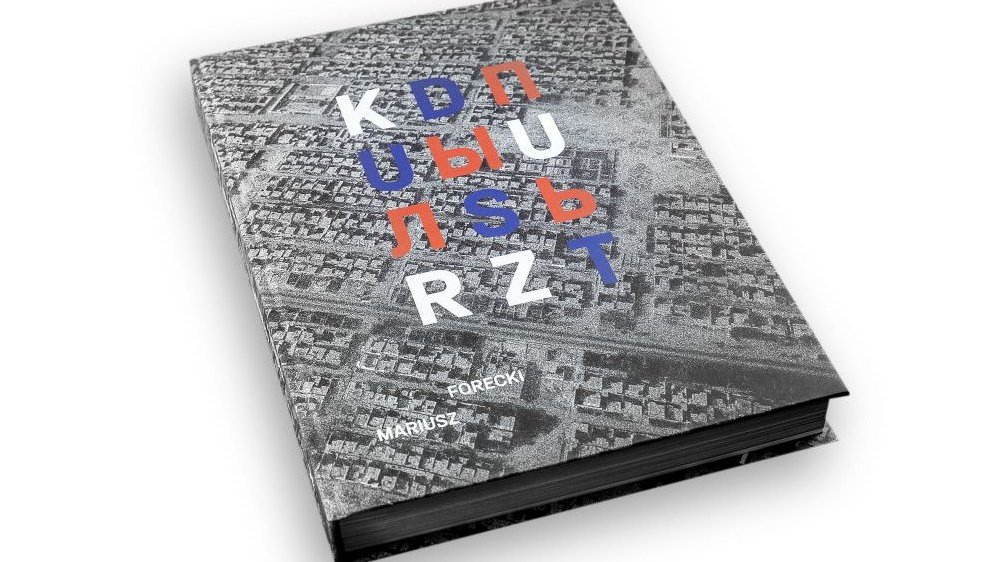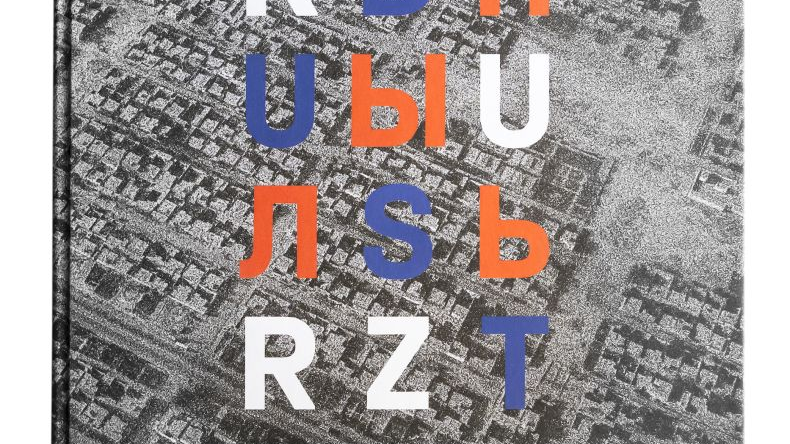I had a chance to talk to Mariusz Forecki over four years ago on the occasion of his work on the Sesja fotograficzna (The Photo Shoot) series. He then told me he had started work on a book that would address social engineering and ways to alter societies. That book, Mechanizm (The Mechanism) came out in 2020. It garnered multiple awards and... has since sold out. Those who have missed his previous book may find Forecki's latest photobook Kurz incomplete. The specific way of looking at and explaining the world presented in The Mechanism has been creatively enhanced in the latest release. To Mariusz Forecki, the world is not a succession of separate moments but rather a series of events that follow one another, not a set of individual frames captured through a photographic lens, but a sequence that forms a logical whole. A whole whose proper understanding requires the form of a thick hard-copy documentary photobook intricately framed in a cover designed by Andrzej Dobosz.
Forecki's Kurz (winner of the Young Art Medal, and numerous competitions, including Newsreportaż, Grand Press Photo, and the Press Photography Competition) is a collection of photographs spanning over three decades. The oldest ones, from Armenia, date back to 1988, when the Union of Soviet Socialist Republics still remained on the map. The latest photos in the book were taken but moments ago, in the early 2022.
Forecki travelled across Chechnya, Afghanistan, Crimea, Lithuania, Russia, and Armenia. He took pictures in the Jewish Autonomous Oblast bordering China, and on the Polish-Ukrainian border on locations that are thousands of kilometres apart and yet bear an uncanny resemblance to one another, each indelibly marked by the Iron Curtain. Forecki brought back a set of black and white photographs from each of these communist countries. Put together, they make up a coherent story with a painful punch line in the form of the ongoing war in Ukraine. The true subject matter is not the photographed republics but in fact... Russia itself. The mother country and also the cause. In his latest book, Mariusz Forecki attempts to depict a system that, triggered by the collapse of the Soviet Union, leads to an assault on Ukraine and that has not yet spoken its last word.
The "dust" from the book's title can be felt and seen even on the cover. The binding texture is rough, the photograph grainy (Are we even surprised that The Mechanism sports a similar style?). The dust will accompany the reader throughout the book. Literally, in both the title of one of the chapters and in the images. After all, most of the photos were taken on streets and roads that the post-Soviet republics had largely yet failed to pave properly. Finally, intruding dust specks are a metaphor for the smallness of the citizen confronted with the enormity of the empire. And above all, dust is what remains after tanks and infantry divisions pass through, what remains after a war. Forecki's narrative in the book revolves around war. The empire that neighbours Poland lives in a permanent state of war. Afghanistan, Chechnya, Armenia, Georgia, all these places and post-Soviet republics have successively succumbed to the wartime caravan of death rolling through their land.
However, Forecki's photos never depict the war directly. They contain no reports from the main front lines or on armoured units en route. Chechen fighters from Shamil Basayev's battalion immortalised by the author peer out of open tank hatches on a street of Grozny, a member of the Armenian civil defence outfit in the town of Kornidzor stands defiantly despite being clad in an unsoldierly pair of slippers, a jacket and an earflap cap. Instead of the popping of rocket explosions and the roar of helicopter blades, Mariusz Forecki's photos depict apparent calm. And apparent it is as there is definite tension in the air. A lull before a storm.
In the post-Soviet republics, war is perpetual, always lurking out there and pervading every part of life. This precisely is the greatest strength of the "dusty" photographs by Mariusz Forecki. Every few pages, one can see the war, every few photographs the war looms somewhere on the side-lines. Whether in the form of gun-toting Afghan men next to Kabul women with their shopping in hand or a bunch of Chechens who have brought rifles to a dance party. War is seen in the poverty, people's fleeing, their happiness, and death.
Forecki does not shy away from death either although the people in his photographs seem to have come to terms with it. There are no heart-breaking scenes. Women do weep, and men may look sorrowful, but their eyes are helpless. They are powerless faced with the system. Defenceless against the inevitable. Vulnerable confronted with all the things that make up "the evil empire", as described by the author in the book's preface.
In his latest book, Forecki additionally brings up politics. For him, Russia's veneer policy only confirms his observations, both those contained on preceding pages and those formulated in The Mechanism. He sees the ubiquitous images of Putin and the cult of war and war heroes as yet another social engineering ploy designed to subjugate society. Although Forecki chooses to portray Russia, the system could just as well be implanted into any other country in the world. Especially if that country is at odds with democracy. Mariusz Forecki's broad universal glimpse at the world is unlimited by blinders that would narrow his vision down to his own country or any single event.
Published by the Poznań-based pix.house, Kurz appeared within mere months after the outbreak of yet another war in Russia's history as it invaded Ukraine. Thanks to his visit to the Polish-Ukrainian border days after the war broke out, Forecki could supplement his story with a painful annex. A handful of photos from Medyka and Przemyśl placed at the end of the book offer testimony to another accurate diagnosis from Mariusz Forecki, a photojournalist and documentary photographer who uses his photographs to describe the world and the mechanisms that the society seem to overlook. Or maybe simply refuse to see?
Adam Jastrzębowski
translation: Krzysztof Kotkowski
- Mariusz Forecki, Kurz (Dust)
- Published by Pix.house
© Wydawnictwo Miejskie Posnania 2022
